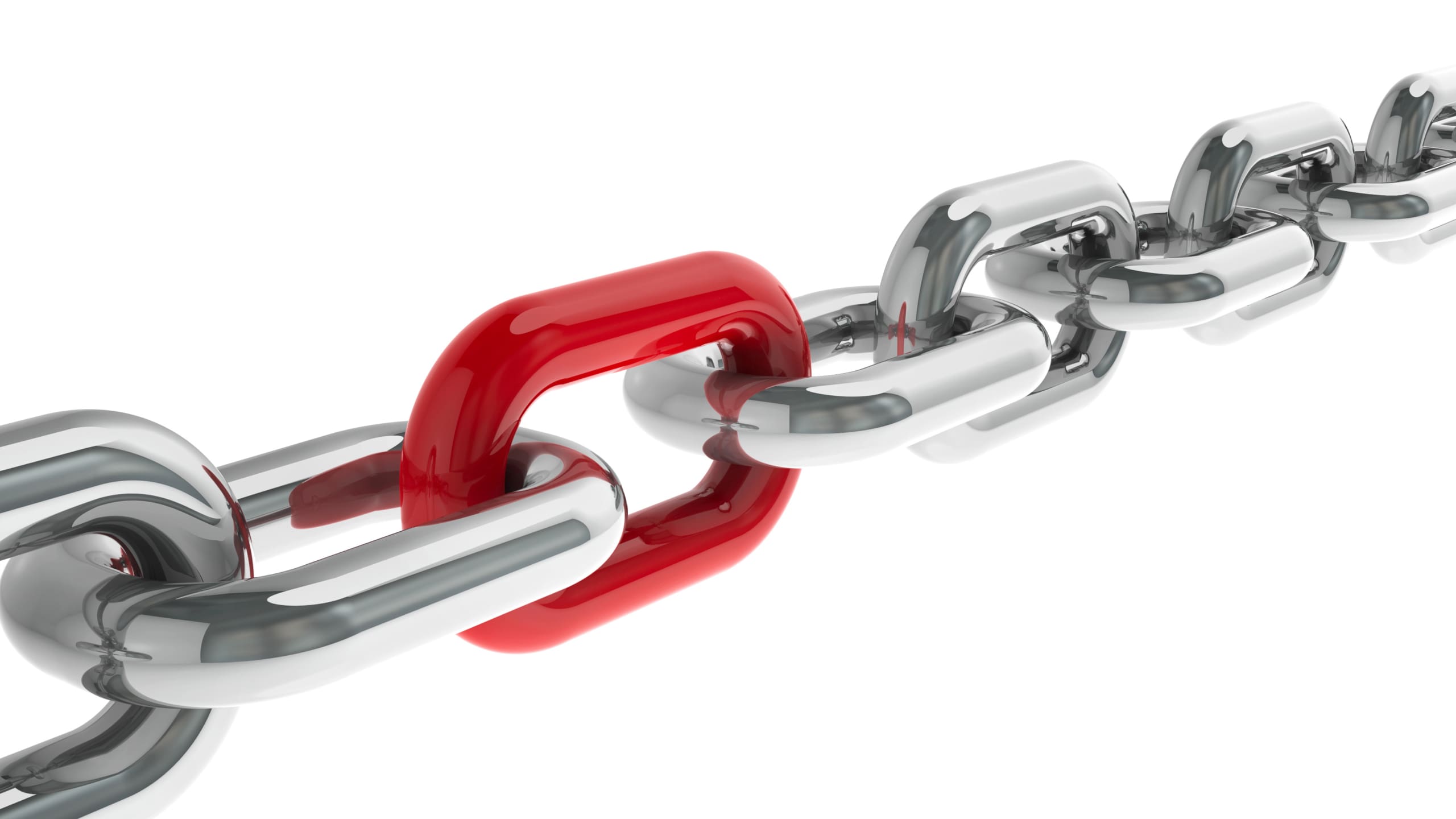The Connection Between Mugshots and Data Broker Listings
April 7, 2025 Legal Tips

Imagine being denied a job, housing, or even a second date—not because of who you are today, but because of a mugshot from years ago. For many, that’s not just a possibility—it’s reality.
Created as part of law enforcement records, mugshots have evolved into digital branding that people never signed up for. These images, arrest details, and personal information are often scraped and sold by data brokers and then made publicly available through websites with little regard for privacy, accessibility, or fairness.
And the impact? It’s not just online. It touches every part of a person’s life—their job prospects, relationships, and mental health. This issue affects not only one group or community but us all.
What Are Mugshots and How Did They Become a Public Problem?
Mugshots are booking photos taken after an arrest, typically to help police identify suspects and track repeat offenders. Initially, they were used strictly for law enforcement purposes. But over time, with the rise of public databases and search-driven websites, these images became easy to find—and even easier to exploit.
Today, many sites skip any form of consent and post mugshots alongside personal details, charging fees for removal or using them to generate ad revenue. This has sparked widespread concern across the community, especially among those who never expected their image to become public in the first place.
These mugshot websites are rarely designed with accessibility in mind. People with low vision or those using assistive technology often struggle to navigate these platforms. And when mugshots are embedded into videos, stories, and image carousels, removing that content becomes even harder.
This kind of exposure creates long-lasting consequences. Even if a case is dropped or sealed, the order to remove a mugshot isn’t always honored online. Without proper care or regulation, a single arrest can follow someone indefinitely.
What Are Data Brokers and Why Are They Problematic?
Data brokers collect and sell personal information from a wide range of sources, including public records, online activity, purchase history, and more. They package this information and sell it to marketers, advertisers, and other companies, often without the individual ever knowing.
When mugshots are added to these data profiles, the result can be devastating. People may not know that their photo, arrest record, and contact details are being shared with third parties or displayed on public websites. This lack of transparency and consent has sparked outrage among privacy advocates and legal experts alike.
Many people assume that if they’ve moved on with their lives, the internet will move on, too. But that’s not how it works. Mugshots and personal records tend to linger. And the longer they’re available, the more likely they are to be indexed by search engines, embedded in videos, and shared across social media without the person’s involvement or permission.
How This Affects Lives and Communities
The consequences of these practices are not just theoretical. They’re real and personal. People have lost job opportunities, faced discrimination, and experienced anxiety or depression due to the public exposure of their past. In many cases, these mugshots don’t tell the full story—and often, they don’t reflect the outcome of a legal case.
For marginalized communities, the impact is even more severe. These groups are disproportionately represented in arrest records and are more likely to experience long-term damage from mugshot exposure and data profiling. The digital footprint becomes a barrier—not a reflection of justice but a mark of discrimination.
What Can Be Done?
Efforts are underway to regulate the mugshot industry and hold data brokers accountable. Some states have passed laws restricting the publication of mugshots or requiring their removal if charges are dropped. Others are working to increase transparency and give people more control over their data.
Advocates are also pushing for better digital accessibility, ensuring that everyone—including those with low vision or other disabilities—can access information about their rights and take action. Accessible websites, readable content, and captioned videos all contribute to building a more inclusive system.
Ultimately, change requires time, awareness, and collective action. But the fight for privacy is far from over.
Final Thoughts
Mugshots and data brokers are part of a much larger conversation about justice, privacy, and digital ethics. As technology continues to shape our world, we have to ask: Who gets to control our personal information? And what safeguards are in place to protect those most vulnerable?
We need systems that prioritize care, not profit. Policies that support transparency, not secrecy. Websites that are built with accessibility and fairness in mind. Because privacy shouldn’t be a privilege—it should be a right for everyone.



